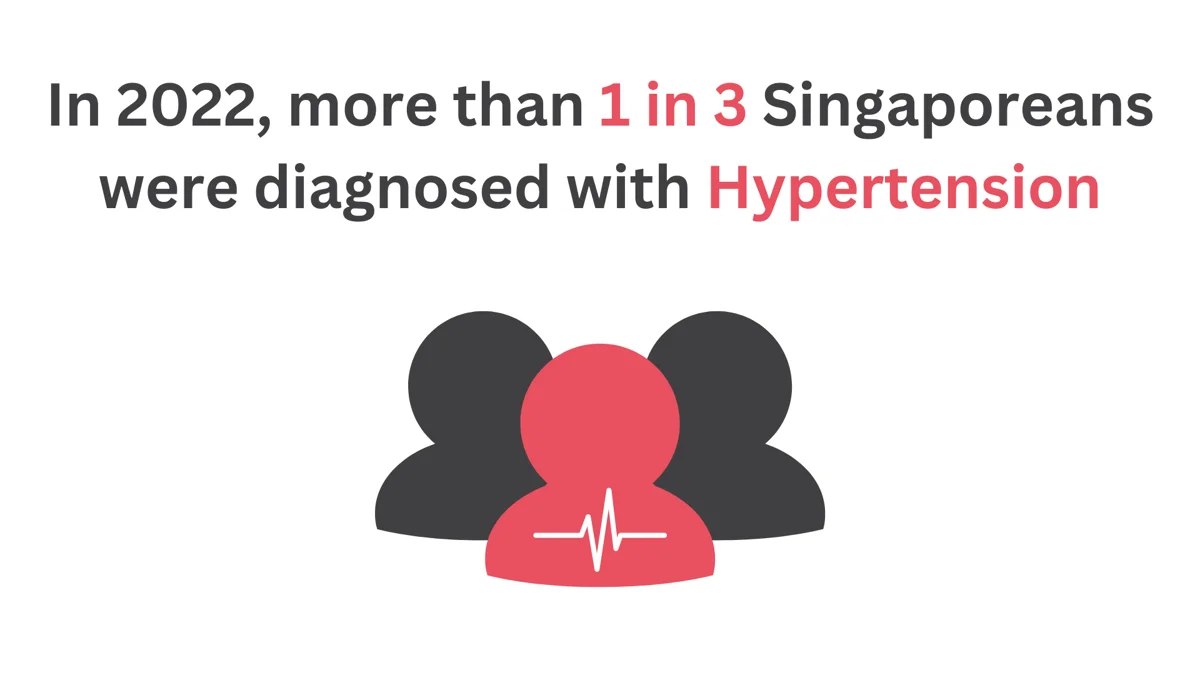What Is High Blood Pressure?
High blood pressure, also known as hypertension, occurs when the force of
blood against the artery walls is consistently elevated. If left
unmanaged, it can lead to serious health complications and is associated with an
increased risk of early death.
In Singapore, hypertension is one of the most common chronic conditions, alongside
diabetes
and high
cholesterol. In 2022, it affected 37% of adults aged 18 to
74, with over half (53%) of cases previously undiagnosed.
This highlights how hypertension can develop without noticeable
symptoms, making regular blood pressure checks essential for early
detection.
Symptoms of High Blood Pressure (Hypertension)
Most people do not exhibit any symptoms of hypertension until the condition becomes severe. However, in rare cases, some individuals may experience symptoms such as:
- Headaches
- Dizziness
- Blurred vision
- Pain in chest
- Shortness of breath
- Nosebleeds
If left untreated, hypertension can lead to serious complications, including coronary heart disease, stroke, peripheral vascular disease, kidney damage, and retinopathy (damage to the blood vessels in the eyes). Early detection and management are vital to prevent these severe outcomes.

What Causes High Blood Pressure?
In over 90% of cases, the exact cause of hypertension is not known, referred to as primary hypertension. It is likely a result of a combination of factors such as age, family history, lifestyle habits such as a high-sodium diet, smoking, excessive alcohol intake, lack of physical activity, and obesity. Stress can also elevate blood pressure levels. The remaining cases, known as secondary hypertension, are caused by underlying conditions such as kidney disease, hormonal imbalances, diabetes, and high cholesterol.
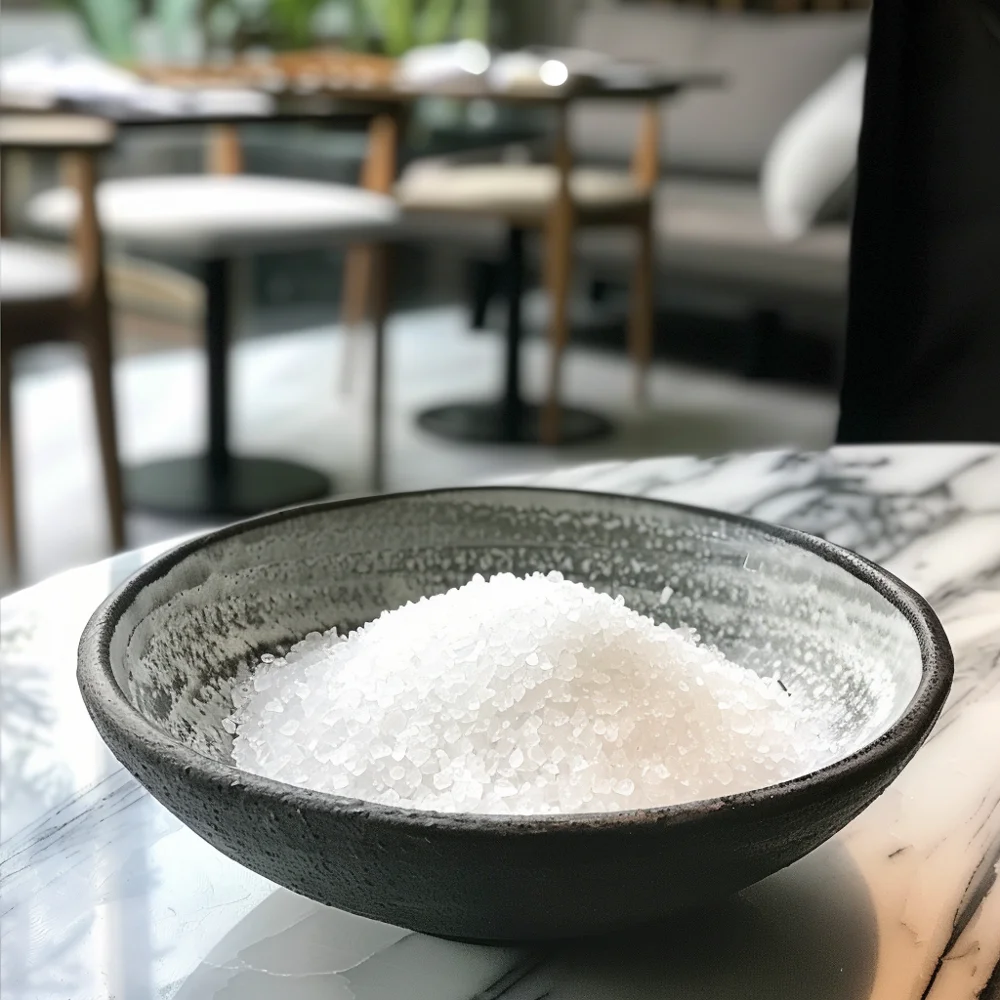
How Is High Blood Pressure (Hypertension) Diagnosed?
Blood pressure is measured by assessing the force exerted by blood against the artery walls during two phases:
- Systolic Blood Pressure: The pressure in the arteries when the heart beats and pumps blood throughout the body.
- Diastolic Blood Pressure: The pressure in the arteries when the heart is at rest between beats.
High Blood Pressure Readings
Blood pressure naturally fluctuates throughout the day due to factors such as activity, stress, and environmental influences. To diagnose hypertension, blood pressure is measured multiple times over a period to account for these fluctuations. Consistently elevated readings in certain ranges indicate different stages of hypertension:
| Category | Systolic Blood Pressure (mmHg) | Diastolic Blood Pressure (mmHg) |
|---|---|---|
| Normal | < 120 | < 80 |
| High-Normal (Borderline) | 130 - 139 | 85 - 89 |
| Stage 1 Hypertension | 140 - 159 | 90 - 99 |
| Stage 2 Hypertension | ≥ 160 | ≥ 100 |
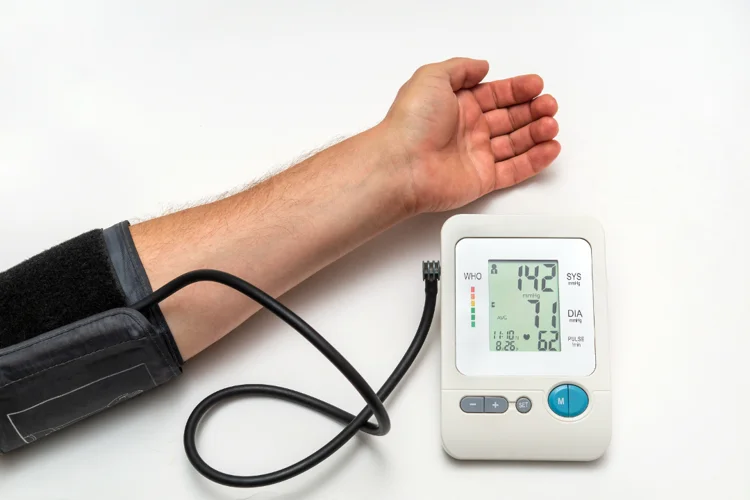
Preventing and Managing Hypertension
Preventing
hypertension involves adopting healthy lifestyle habits, such as
reducing salt intake, following a balanced diet rich in fruits and
vegetables, exercising regularly, limiting alcohol consumption, managing
stress, and avoiding smoking. These changes help maintain normal blood
pressure levels and reduce the risk of developing hypertension.
For individuals diagnosed with hypertension, management typically involves
both medication and lifestyle modifications. Common
medications used to control blood pressure include ACE-inhibitors
(Angiotensin Converting Enzyme), beta-blockers, and calcium channel
blockers. Regular home monitoring of blood pressure is essential for
tracking progress and allows doctors to adjust treatment plans as necessary
to ensure optimal management.
Disclaimer: This information is for educational purposes
only and is not a substitute for professional medical advice. Always
consult a doctor for diagnosis and treatment tailored to your individual
needs.
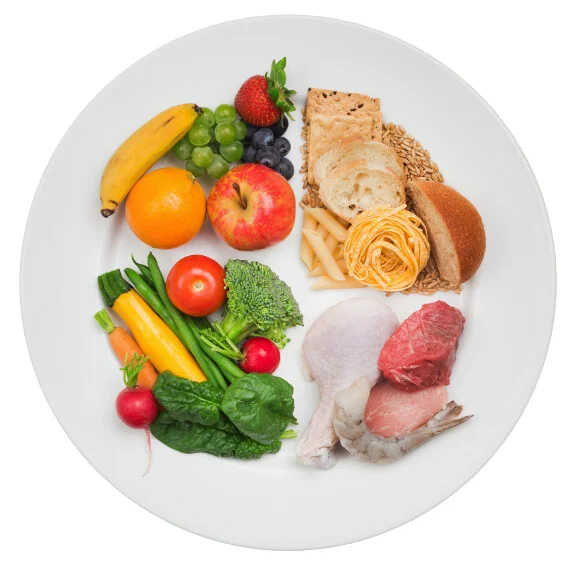
Summary
Hypertension is a condition where the force of blood against the artery walls remains consistently high. If left unmanaged, it can lead to serious complications such as heart disease, stroke, and kidney failure. Early detection, lifestyle changes, and appropriate treatment are vital in preventing and managing hypertension. If you are experiencing symptoms or suspect you may have high blood pressure, it is important to consult a doctor for proper diagnosis and care.
Why Choose ATA Medical?

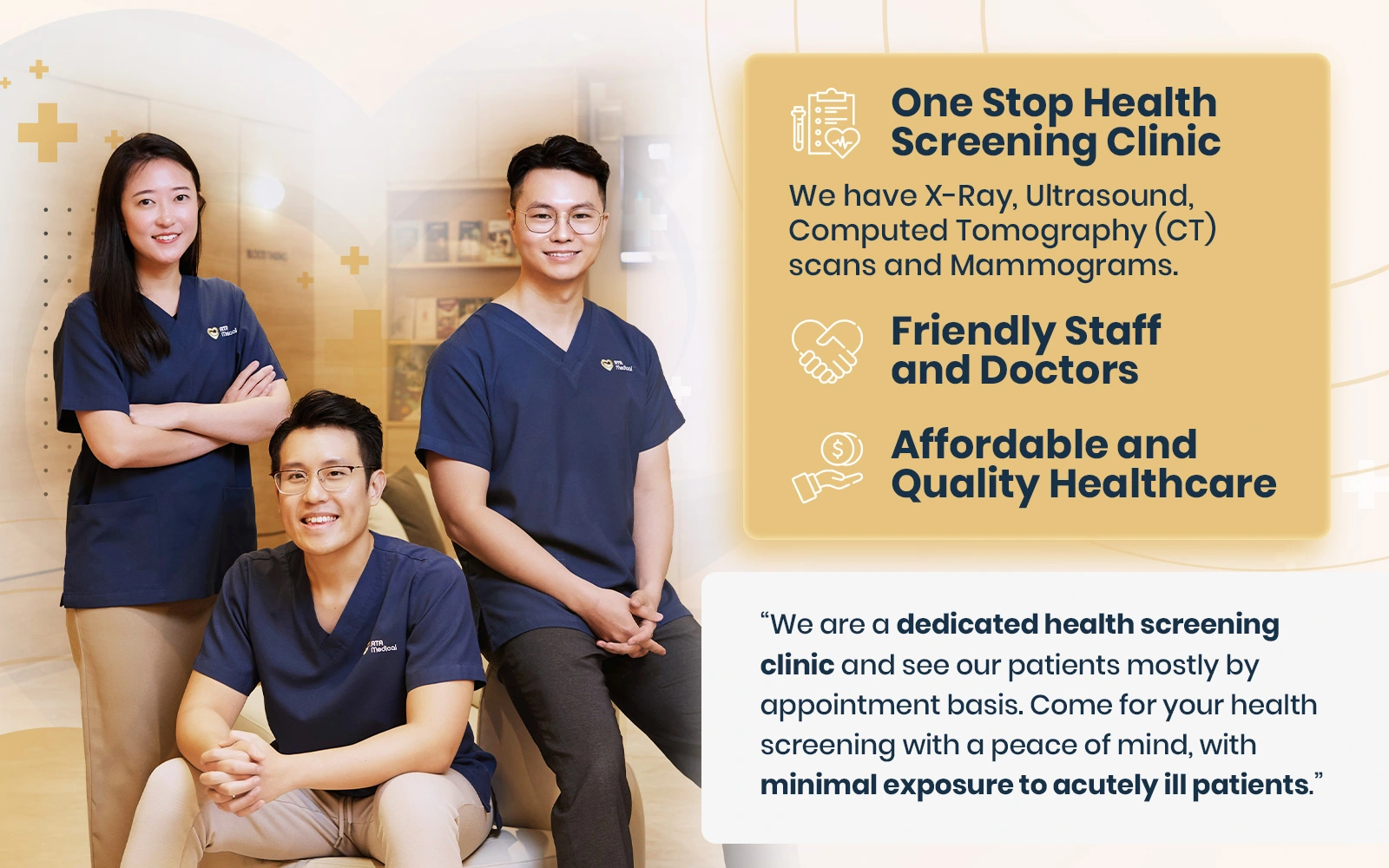


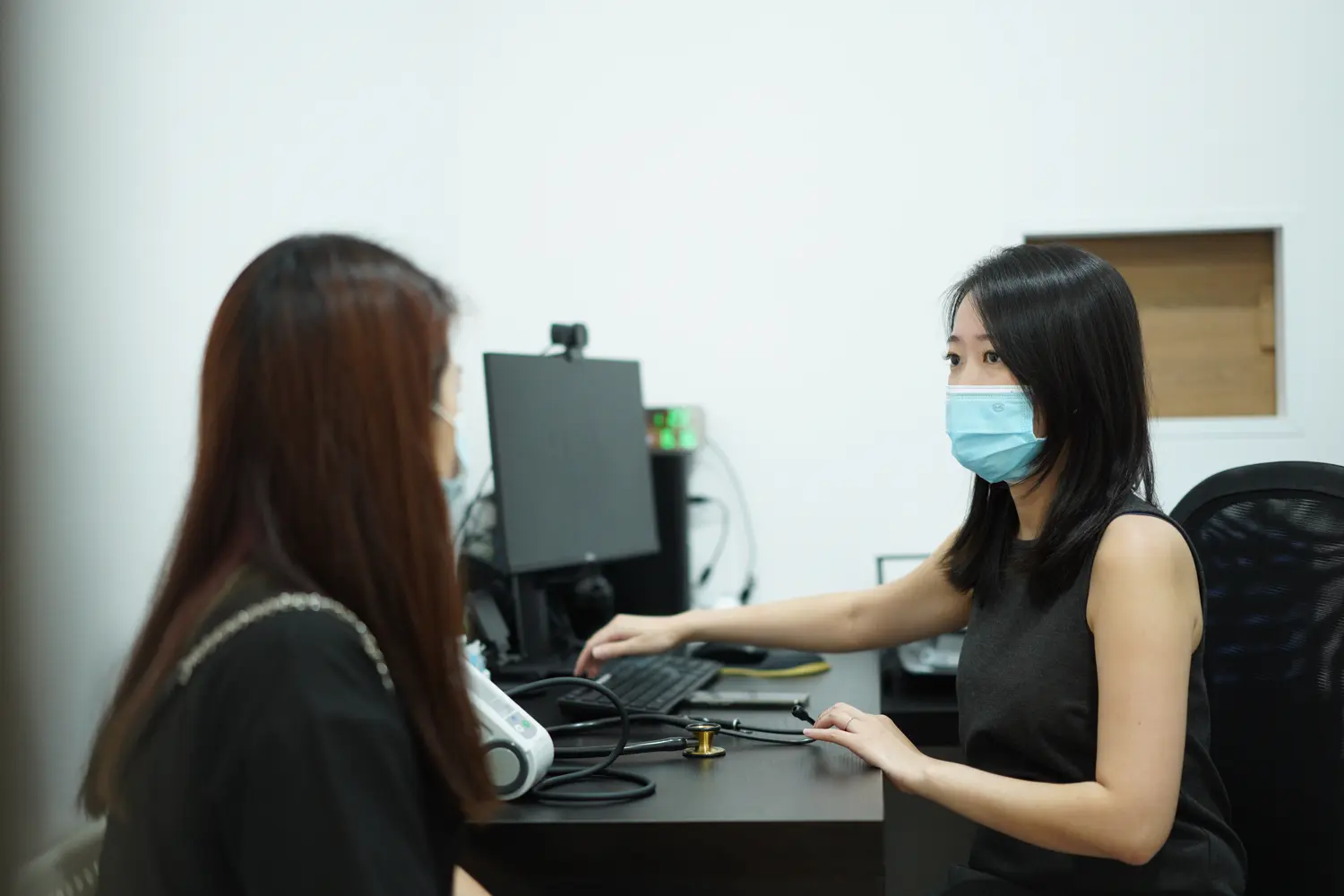



Delivering Care Patients Appreciate
What to Expect
FAST RESULTS
We strive to deliver your results within 7 working days.
MINIMUM WAITING TIME
Our patient-oriented processes ensure your waiting time is kept to a minimum.
Friendly Service
Service is a top priority for us at ATA Medical.
Email Us at camden@atamed.sg
for More Information.
Book Your Health Screening With Us at 88838892.


